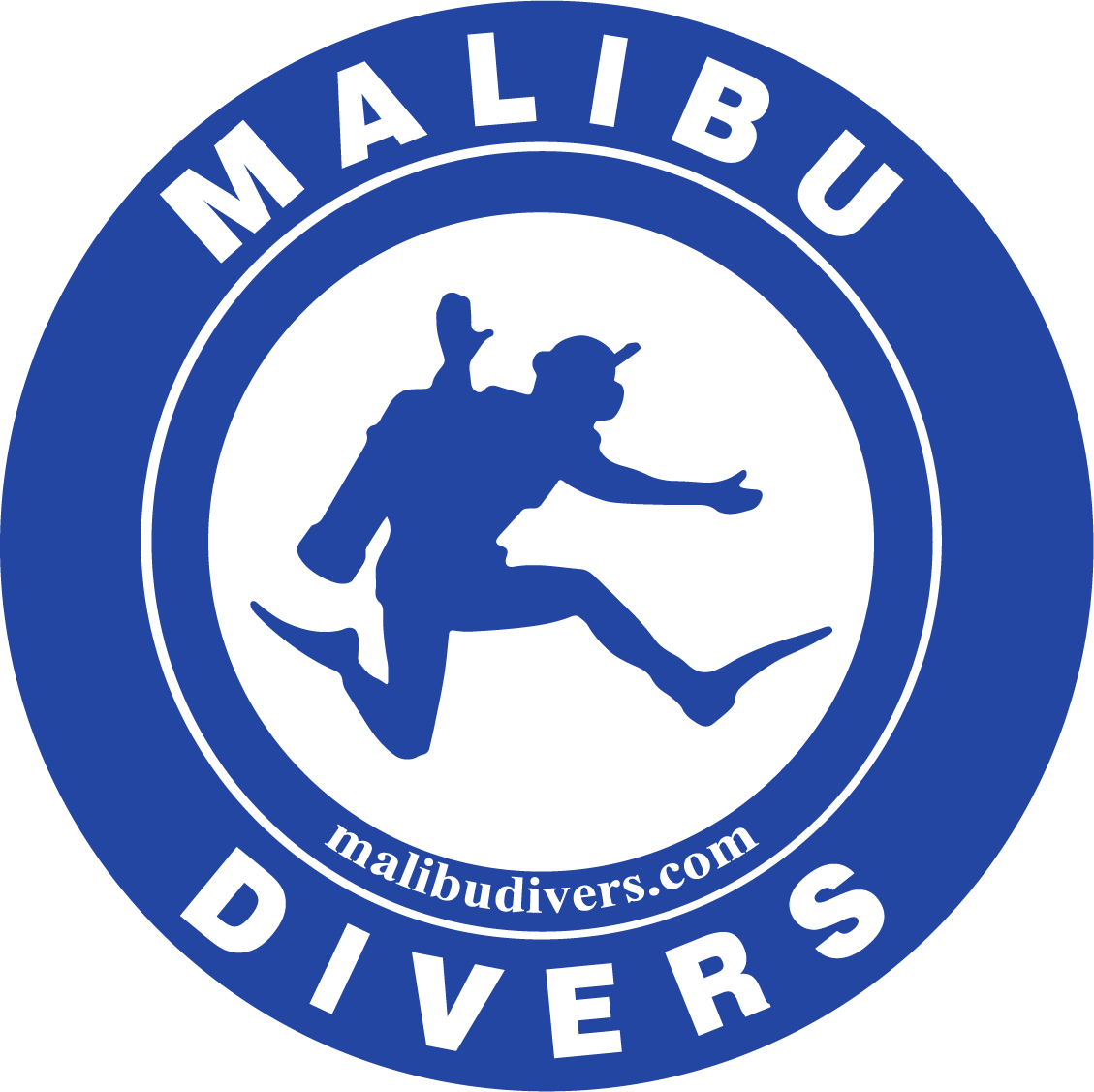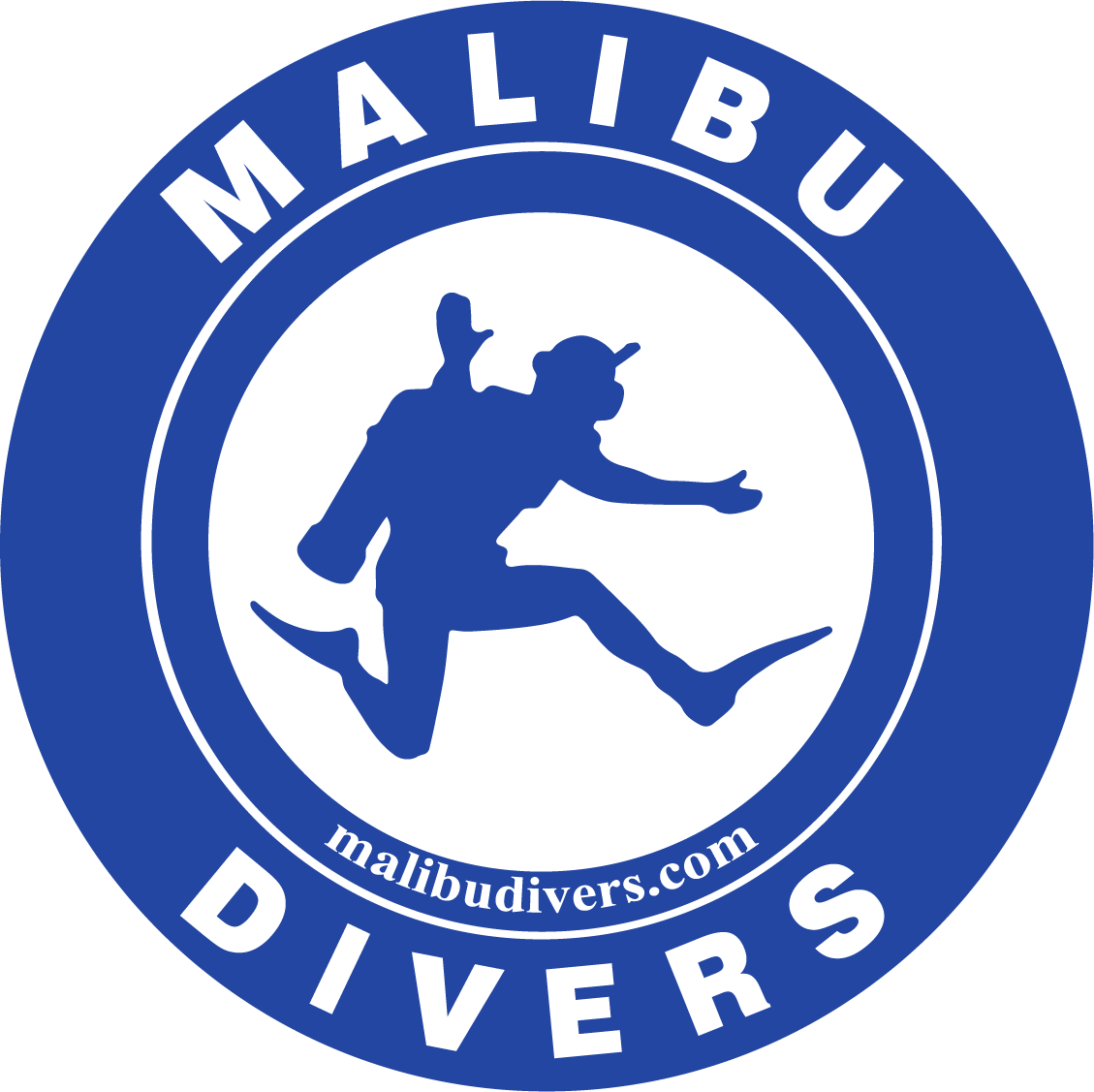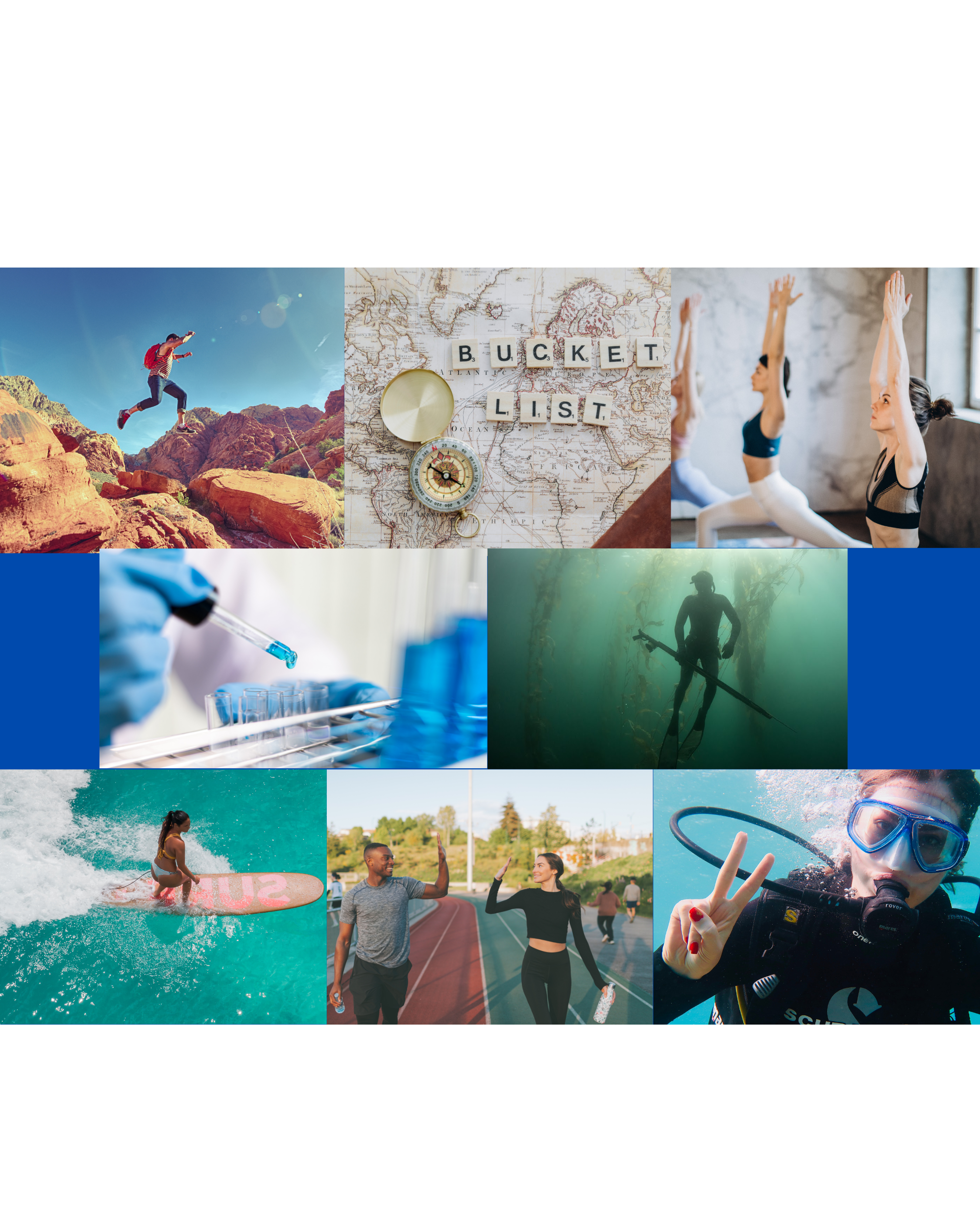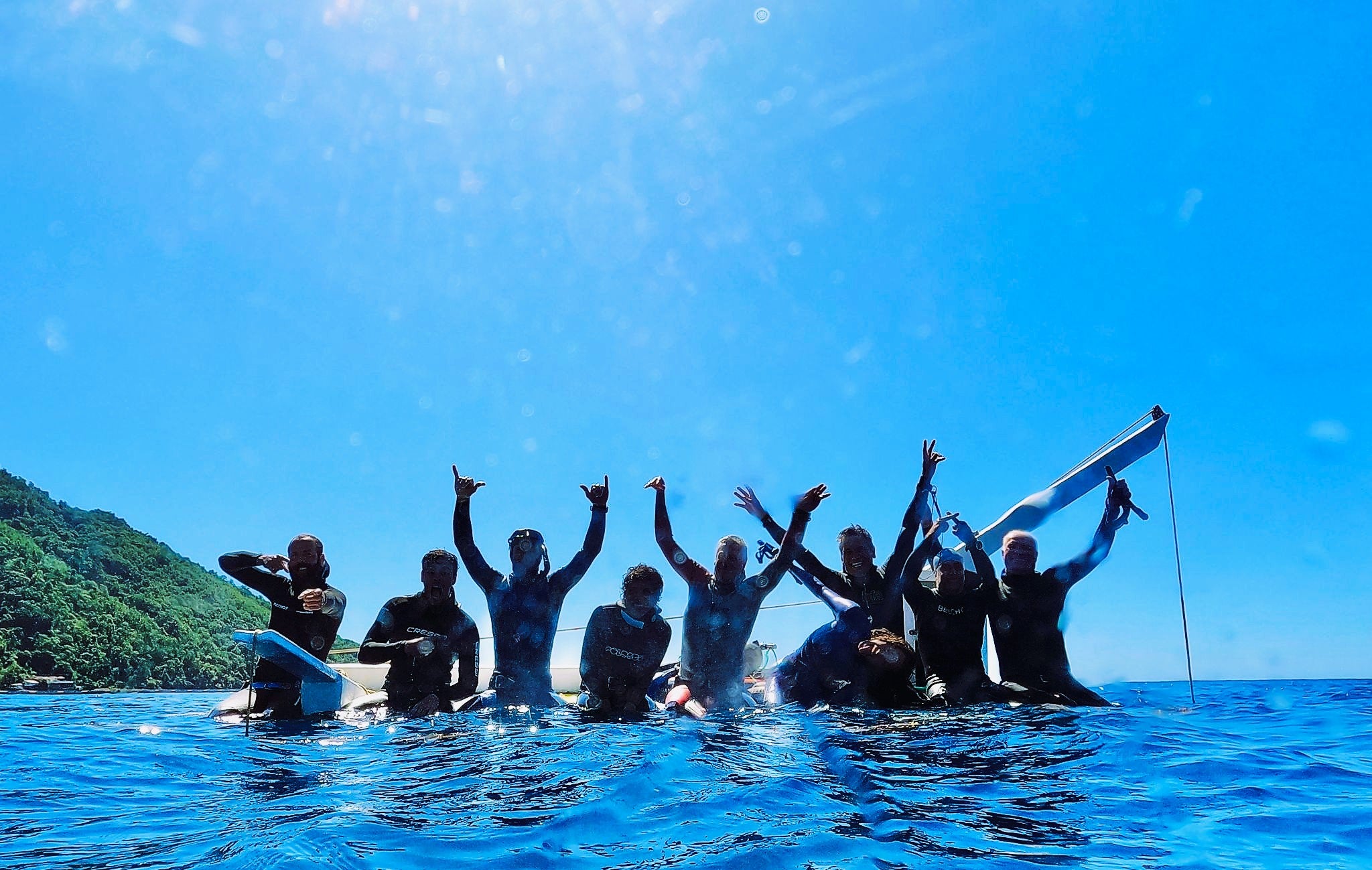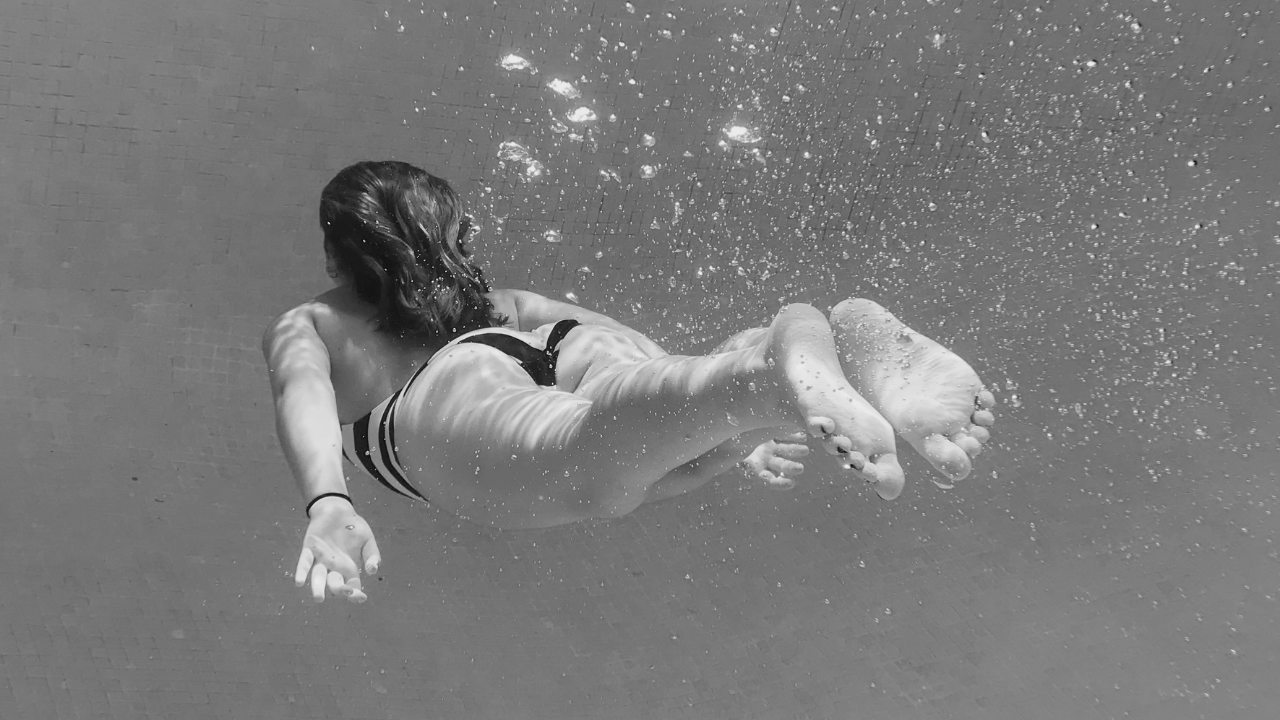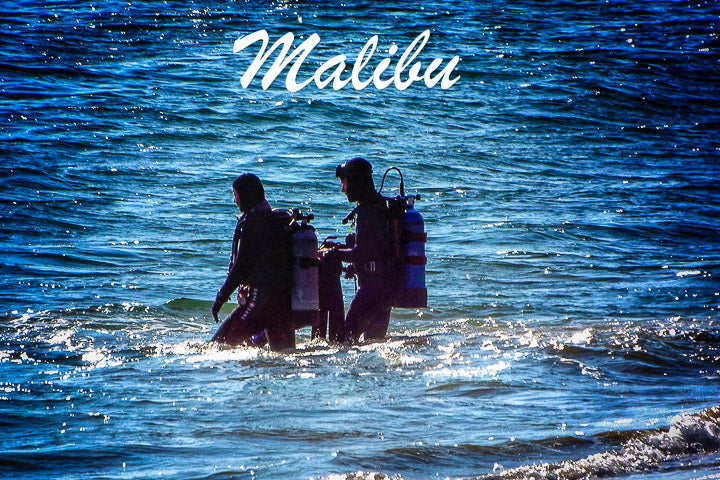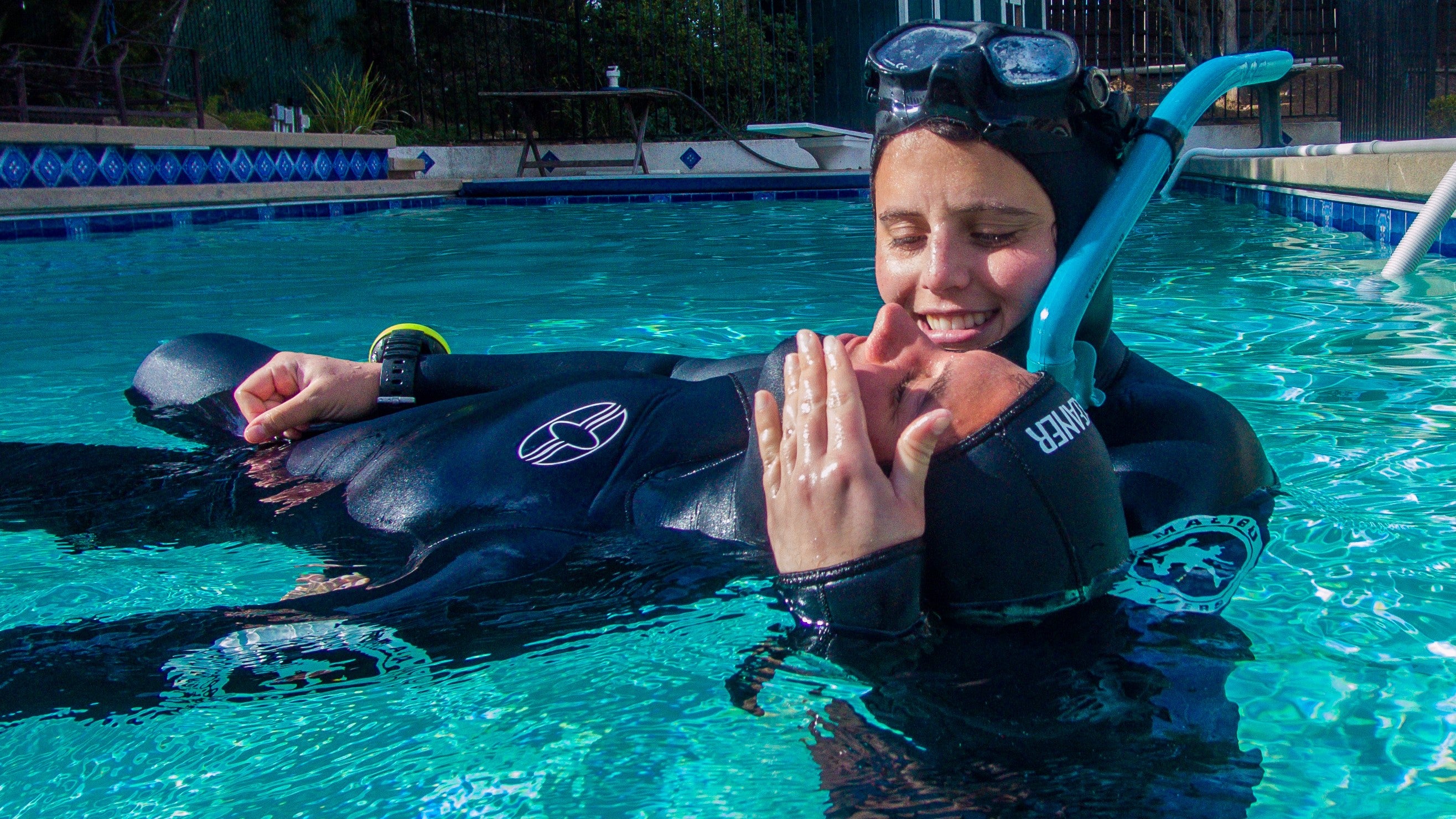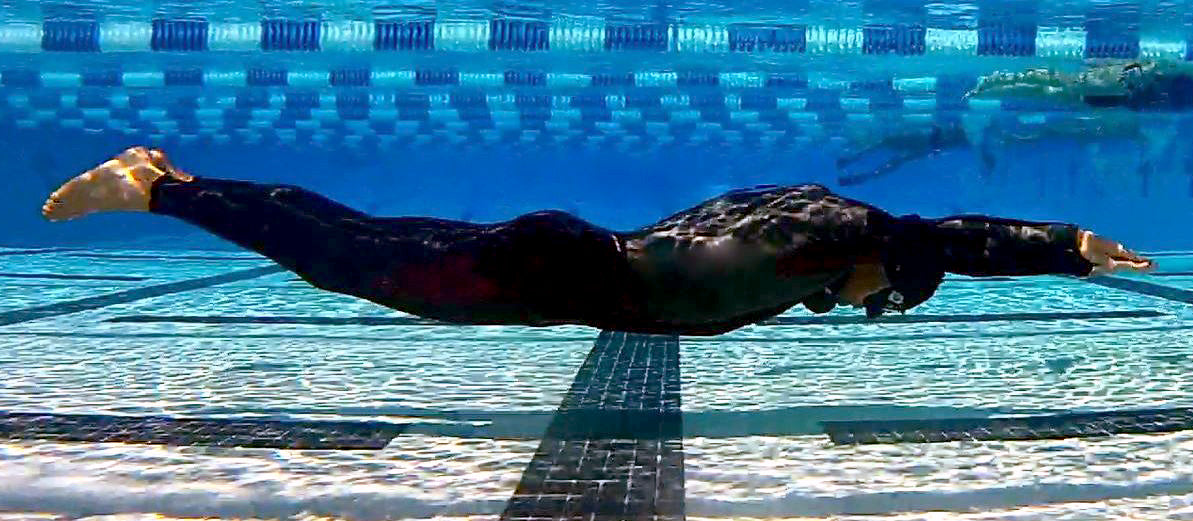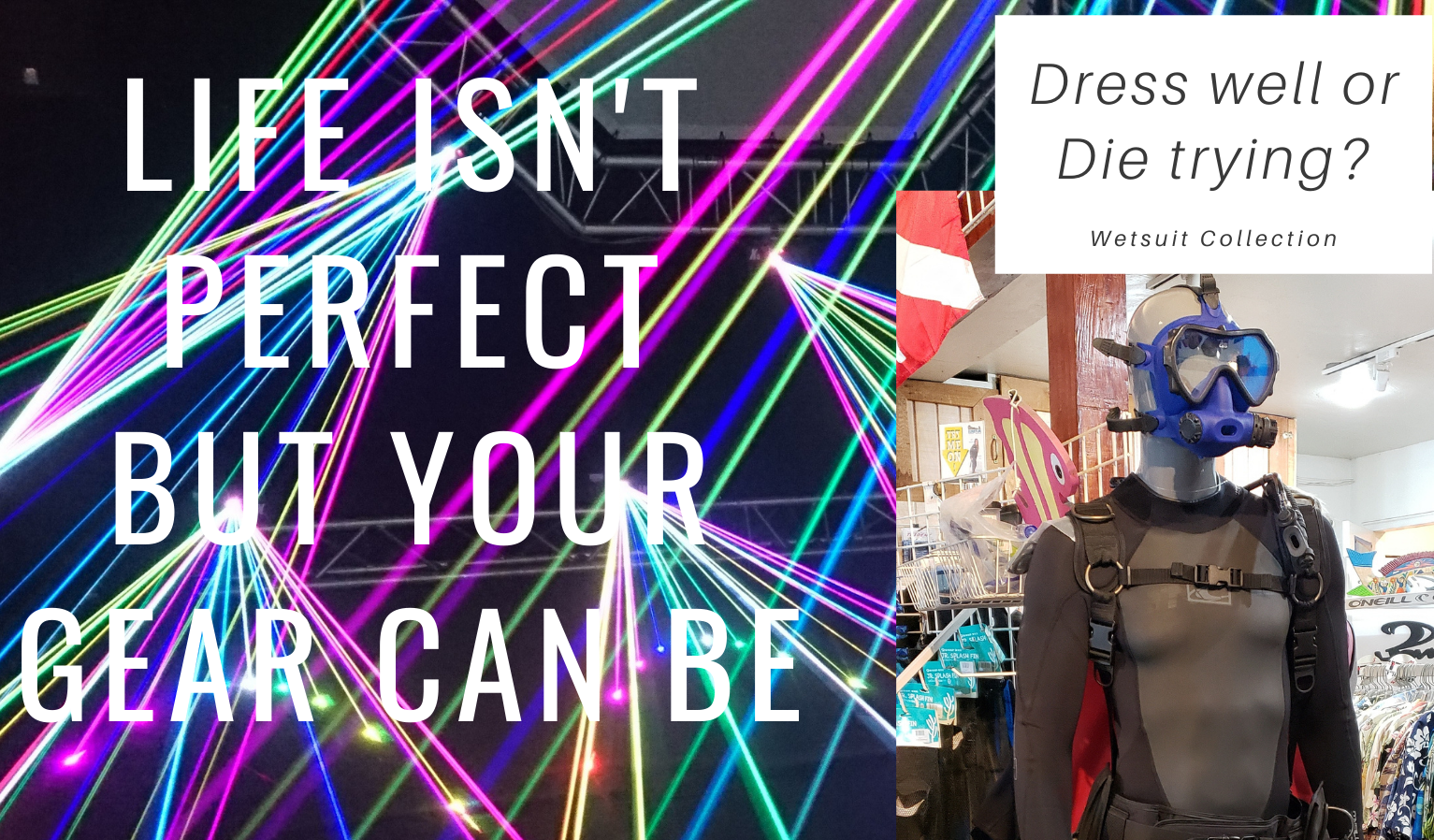Deep News
- All
- acoustic modeling
- Advanced Open Water
- advantages for life
- adventure
- Adventure Diver
- AED
- AIDA
- Algae Bloom
- Anacapa Island
- apnea
- Astronomy
- awareness
- beach blanket bingo
- breath hold
- buoyancy
- California
- California lobster
- cardiac health
- catalina
- catching fish
- CDFW
- cell phone
- Channel Islands
- children scuba divers
- CMAS
- colds
- comfortable and confident
- Con Ed
- confidence
- connection
- conservation
- coronavirus
- covid-19
- CPR
- curiosity
- damage
- DAN
- deep-sea mining
- dehydration
- Dive careers
- dive computer
- dive destinations
- Dive Innovation
- dive local
- Dive Smart
- dive training
- dive travel
- divemaster
- divers
- Divers Alert Network
- diving
- Diving competence
- diving for lobster
- Diving safety
- diving skills
- Diving Wonders
- dolphins
- dream job
- Drowning
- drysuit
- drysuits
- EANx
- Economic Uncertainty
- EFR
- EFR Instructor
- Emergency
- enriched air
- enriched air diving
- Entertainment Industry
- Environmental stewardship
- excellence
- exposure suits
- fail
- family dive vacation
- fear
- female divers
- First Aid
- Fishing license
- fitness
- flu
- free diving
- freedivers
- freediving
- Freediving competitions
- FreedivingTips
- giant sea bass
- Gidget
- hawaii
- health
- heart
- heat loss
- hooded vests
- humpback whales
- hypothermia
- IDC
- immersion diuresis
- improve mental and physical health
- independence
- Instructor
- iphone®
- iphone® housing
- kelp
- krill
- lancetfish
- learn to dive
- Learning to dive
- Lloyd Bridges
- lobster
- lobster report card
- male divers
- Malibu
- Malibu beaches
- Mariana Trench
- marine biology
- marine ecosystems
- Marine Life
- mercury
- Mike Nelson
- Mount Wilson Observatory
- MPA
- nitrox
- No decompression sickness
- ocean
- ocean adventures
- Ocean Geology
- OceanExploration
- octopus
- odor
- oldest human remains
- Open-mindedness
- pacemaker
- PADI
- PADI Rescue
- passion
- Peace Dive Boat
- Peak Performance Buoyancy
- pee
- performance
- Personal growth
- Point Dume Marine Reserve
- precautions
- prepared diver
- Preservation
- Private beach ownership
- professional diver
- professional scuba diver
- protect
- Public beach access
- Quora Questions
- reactivate
- real-time whale detection
- red tide
- referral
- repetitive dives
- Rescue
- Rescue Diver
- safe fish
- safe to eat
- Safety
- Santa Rosa Island
- science
- scientific research
- SCUBA
- Scuba diving
- scuba diving health
- scuba diving safety
- scuba equipment
- scuba gear
- SCUBA lessons
- scuba safety
- Sea Hunt Legacy
- Sea lions
- sealife cameras
- Shared experiences
- spiny lobster
- SportDiver housing
- stroke
- summer vacation
- sunfish
- Tectonic Plate Exploration
- teenagers
- training
- travel
- Travel Dive Gear
- try freediving
- try scuba diving
- tune-up
- underwater exploration
- underwater housing
- underwater imaging
- underwater photography
- underwater videography
- underwatercameras
- unrealistic expectations
- urinate
- Veganism
- Waterproof
- wetsuit
- wetsuit shampoo
- whale safety
- whales
- women
- women divers
- wreck
- XCEL
Taking the Plunge: Freediving vs. Scuba Diving - Which is the Better Fit for You?
Freediving and scuba diving are two amazing ways to explore the underwater world, but they appeal to different types of people. Freediving is a sport that requires the diver to hold their breath while exploring the underwater world with minimal equipment, whereas scuba diving involves using a tank of compressed air to breathe while exploring the underwater world. Scuba diving is often seen as a more accessible sport than freediving, as it does not require as much physical fitness or mental discipline, and allows for longer dives and deeper exploration. The decision to choose between the two comes down to personal preference and interests. If you are looking for a sport that requires physical and mental discipline and a deep connection with the ocean, then freediving may be the better choice for you. However, if you are interested in exploring the underwater world at your own pace and with more freedom, then scuba diving may be a better fit.
Are You a Freediver at Heart? 6 Signs That You Belong in the Ocean
Are you curious about freediving but not sure if it's for you? Look no further! This blog post outlines six signs that you might be a freediver at heart. From holding your breath in the bathtub as a kid to loving the feeling of slipping into a wetsuit, these signs point to a deep connection with the ocean and a natural affinity for the freediving lifestyle. Whether you're already an experienced freediver or just dipping your toes in the water, this post is a fun and light-hearted guide to help you discover if you belong in the ocean.
Freediving: A Thrilling Underwater Experience
Freediving is a thrilling activity that allows you to explore the underwater world without scuba gear, but it can be dangerous if not approached with caution and the right knowledge. In our latest blog post, we highlight the importance of learning the basics of freediving. By understanding proper breathing techniques, equalization, and safety procedures, you can avoid potential risks and enjoy the activity without harm. Moreover, learning the basics of freediving can help you gain confidence, improve your performance underwater, and streamline your movements. We highly recommend taking a course or training session before your next trip to gain valuable knowledge and skills that will make your experience even more enjoyable.
Unlocking the Hidden Benefits of Scuba or Freedive Training at Local Dive Store
Local Dive Stores: The Only Way to Dive Without Sinking Your Bank Account! Looking to get scuba or freedive certified? If you're considering doing your training at your vacation destination, it might be tempting to go with the local dive...
Discovering the Thrills and Benefits of Freediving: A Beginner's Guide - Is Freediving Dangerous?
In this blog, we explore the exciting and rewarding sport of freediving. From the thrill of diving to depths without the use of a scuba tank, to the opportunity to explore the underwater environment, we look at the many reasons why people choose to freedive. We also examine the potential hazards of freediving and the importance of proper training and safety measures in order to avoid accidents and injuries. We explain how recreational and competitive freediving differ, and the benefits of each one of them. Additionally, we introduce a beginner-level training program that can help anyone who wants to start learning how to freedive and ensure a safe experience. Whether you're a beginner or an experienced diver, this blog provides a comprehensive introduction to the world of freediving and everything you need to know to get started.
A new kind of challenge you may be looking for. Los Angeles, CA – April 19, 2021 (Updated April 30, 2014)Anyone who has ever watched a nature documentary about whales or dolphins knows that they dive deep and that they can...
SCUBA DIVING GEAR: TIPS FOR FINDING A WETSUIT THAT FITS
Buying scuba diving gear can be overwhelming. There are so many options. How can you get that "happily ever after" experience with your wetsuit?
